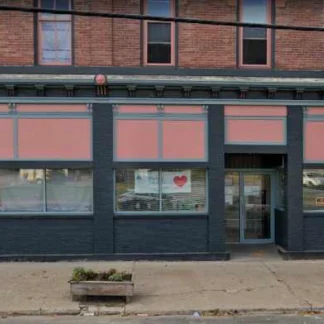St. Joseph's Addiction Treatment & Recovery Centers
Keeseville, New York, 1703 Front Street, 12944
Available Programs
- Adult program
- Program for men
- Program for women
- Total beds : 90
- Young adult program
Insurance and Financial
- Self-pay options
- Private insurance
- Medicaid
- Sliding scale payment assistance
About this Facility
St. Joseph's Addiction Treatment and Recovery Centers - Front Street offers outpatient treatment for individuals with alcohol and/or substance addiction. The program includes aftercare support, individual counseling, family support, education and more. St. Joseph's Addiction Treatment and Recovery Centers - Front Street is located at Keeseville, New York.
St. Joseph’s serves residents of Franklin and Essex Counties at six outpatient services clinics. These clinics are currently located in Malone, Saranac Lake, Lake Placid (Mountain Lakes Academy), Elizabethtown, Keeseville and Ticonderoga.
They strongly emphasize a “team” approach, with the client being the primary participant in their “team”, and included in every aspect of treatment planning. St. Joseph’s Outpatient Clinics view the relationship with the client, family, and outpatient as a partnership.
They are active members in both Franklin and Essex County Treatment Courts and Outpatient Services Boards.
Contact us for more information: (581) 891-5353

Contact St. Joseph's Addiction Treatment & Recovery Centers
Connect with St. Joseph's Addiction Treatment & Recovery Centers by calling their admissions team directly.
(581) 891-5353 Website Get Directions